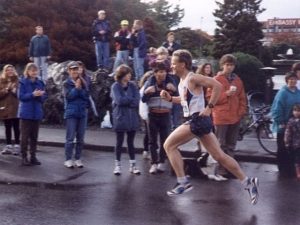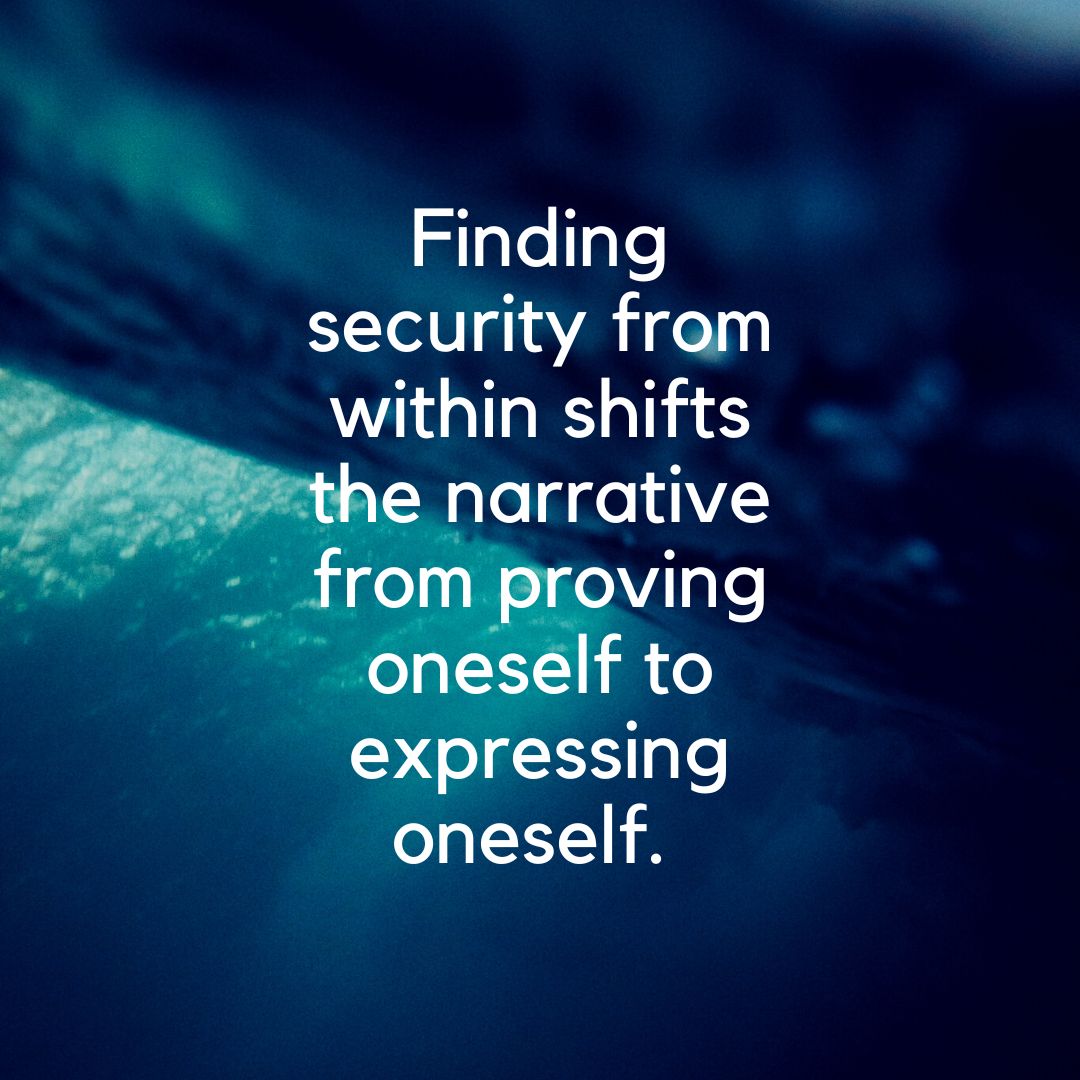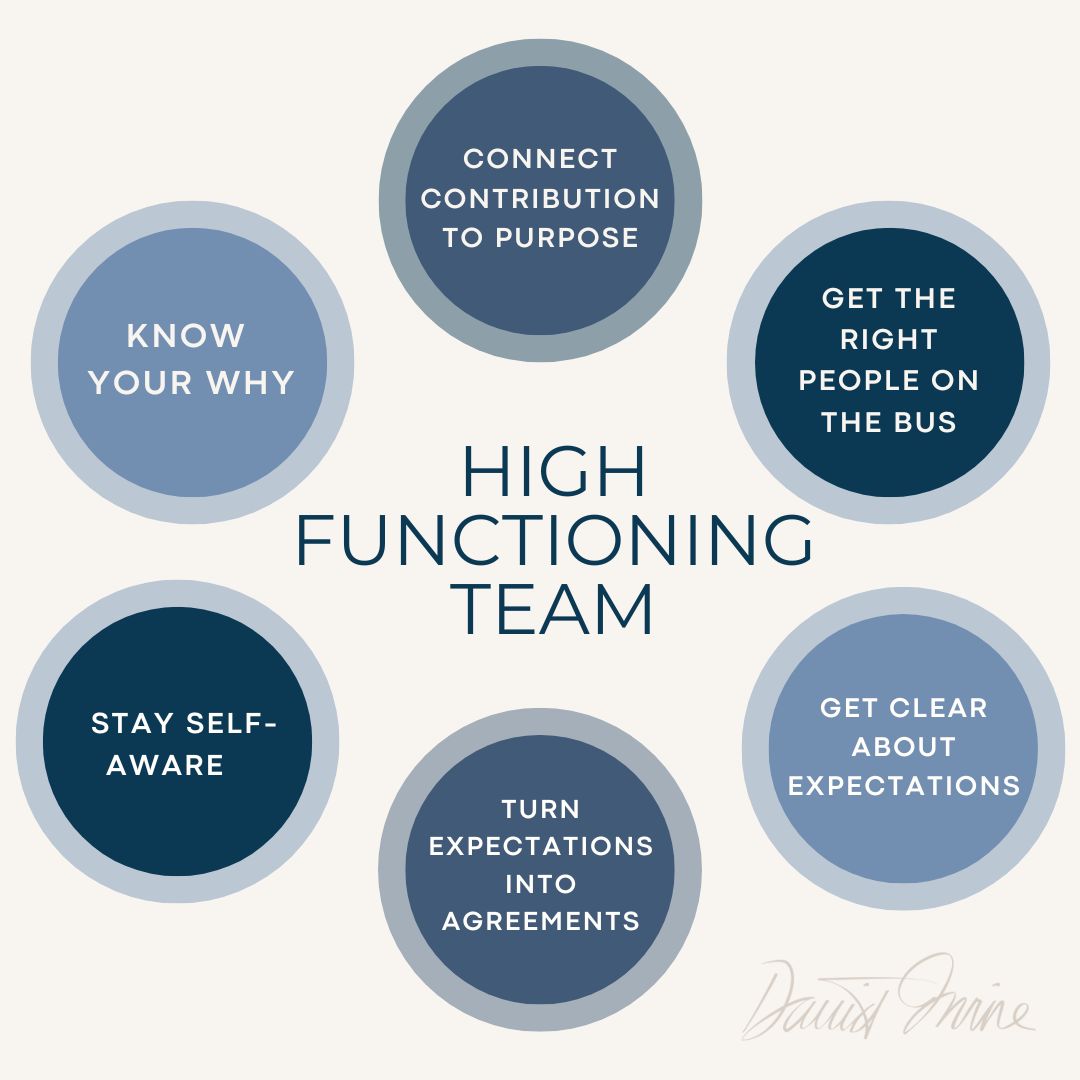How do you show the people you care about that you care about them?
How do you show the people you care about that you care about them?
When I was eleven, our family drove across the county to experience Expo 67 in Montreal and on to upper state New York to visit my uncle.
As part of our visit, Uncle Reed took us into New York City for the day. My dream was to go to the top of the Empire State Building. My brother (who was four years older) had a dream, too – to see the New York Stock Exchange.
We were late getting to the Empire State Building and had to rush to make it to the stock exchange before it closed. So we only had time to get to the 86th floor observatory before leaving for the stock exchange. I never made it to the top. I remember crying all the way down.
This story has become legendary in our family. My daughters will tell you, to this day, that I felt sorry for myself for years that my brother always got his way and I always got the short end of the stick. They reminded me often that I had carried it long enough and it was time to let it go.
We’ve traveled many places as a family, but we have never been to NYC together, so when my daughter was there a few years ago, she texted me the image below with a message:
“Dad, you don’t need to be sad any longer that you didn’t make it to the 102nd floor of the Empire State Building. I brought you up here with me.”
When it comes to caring about the people we care about, the little things are the big things.
#caring #authenticity #authenticleadership







